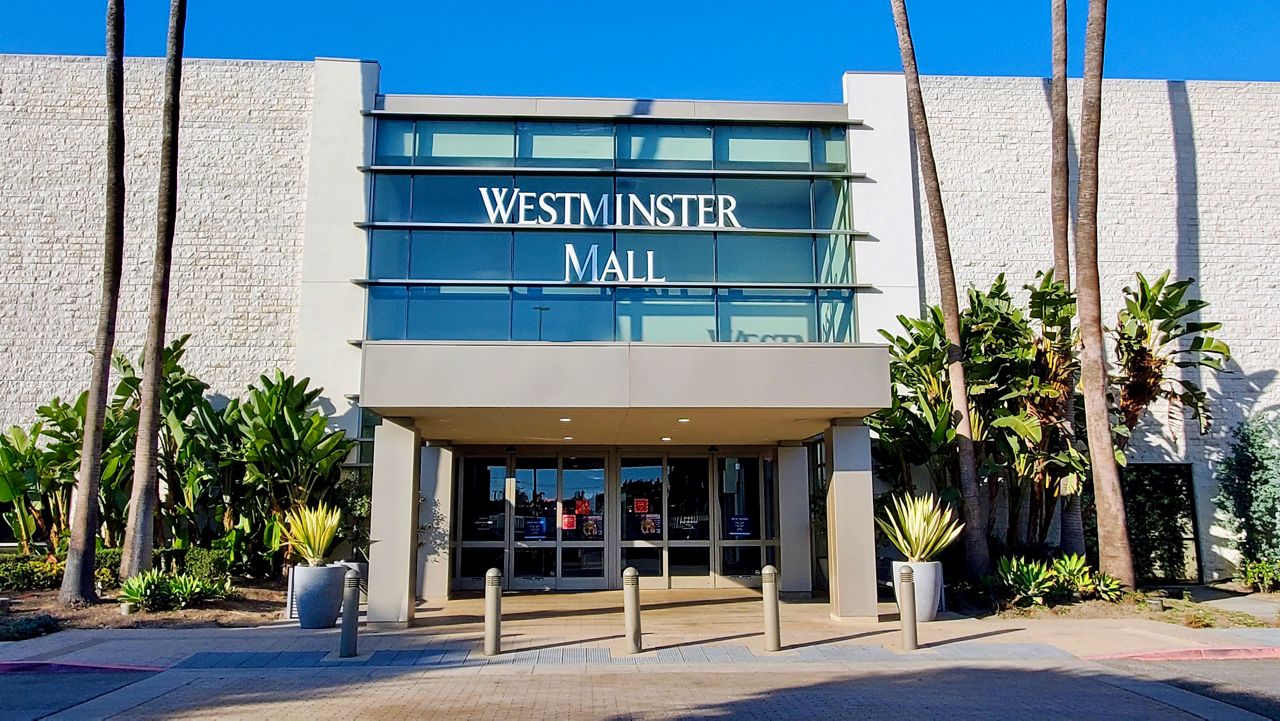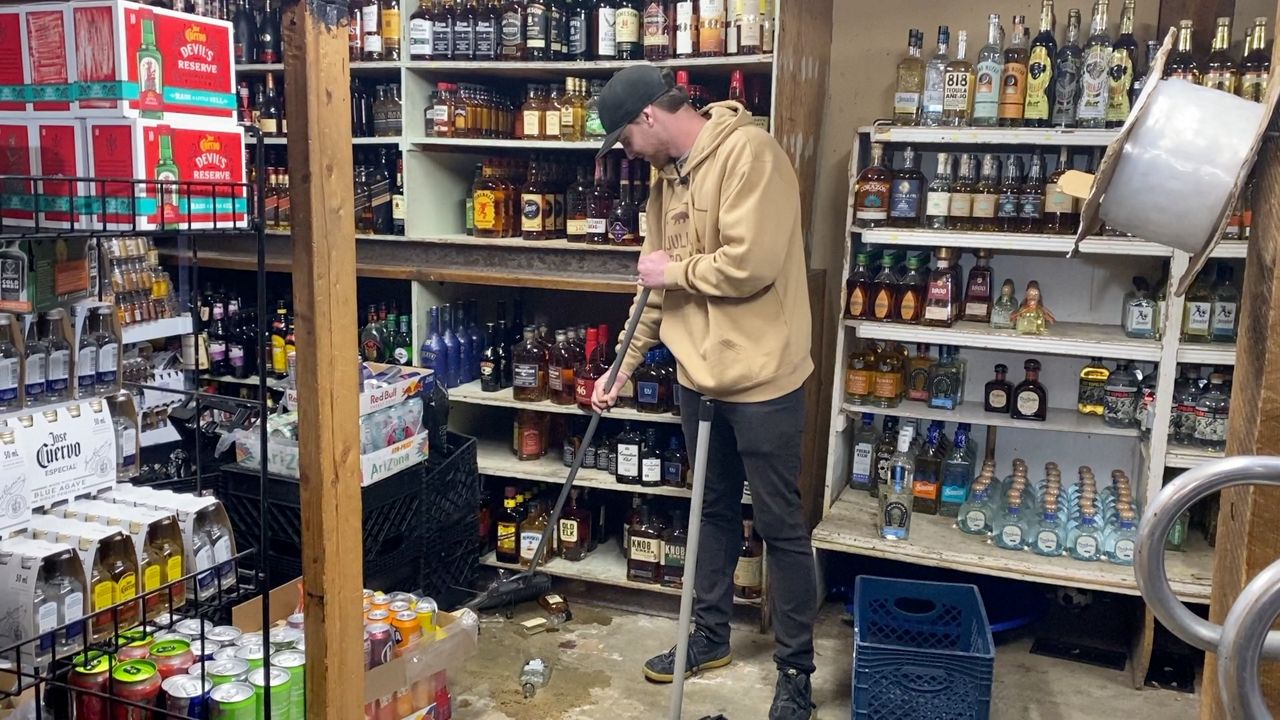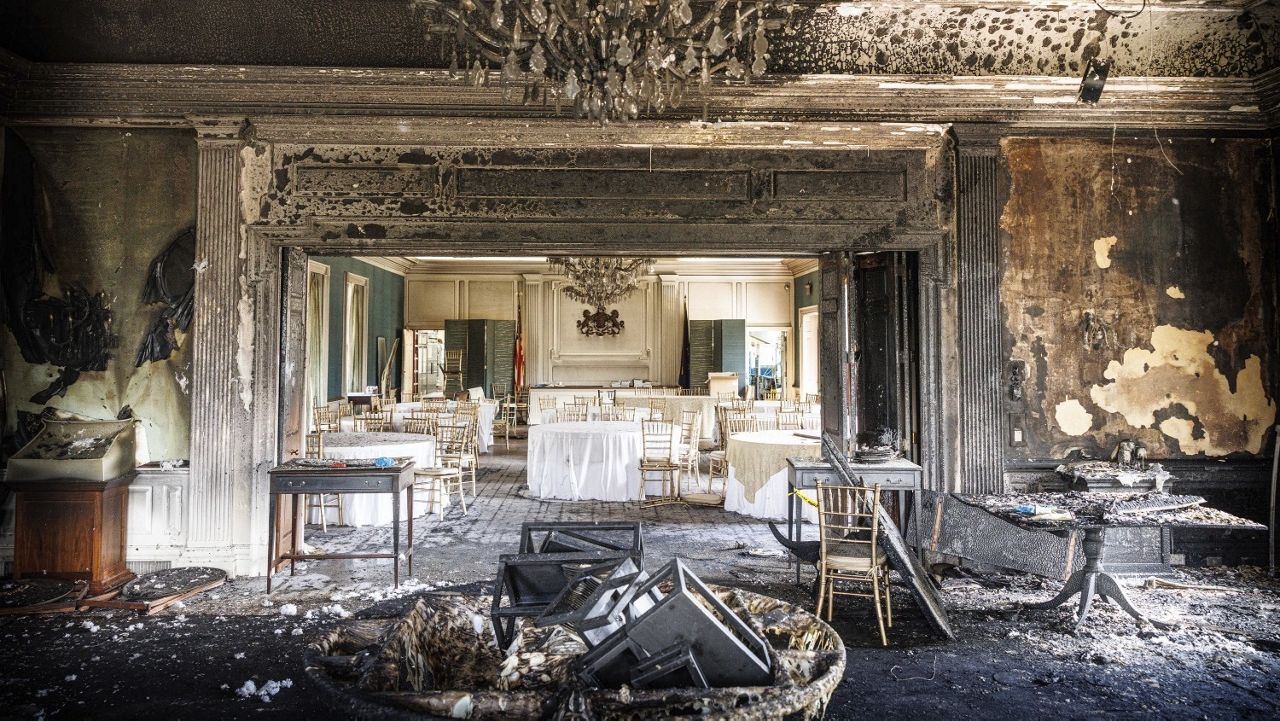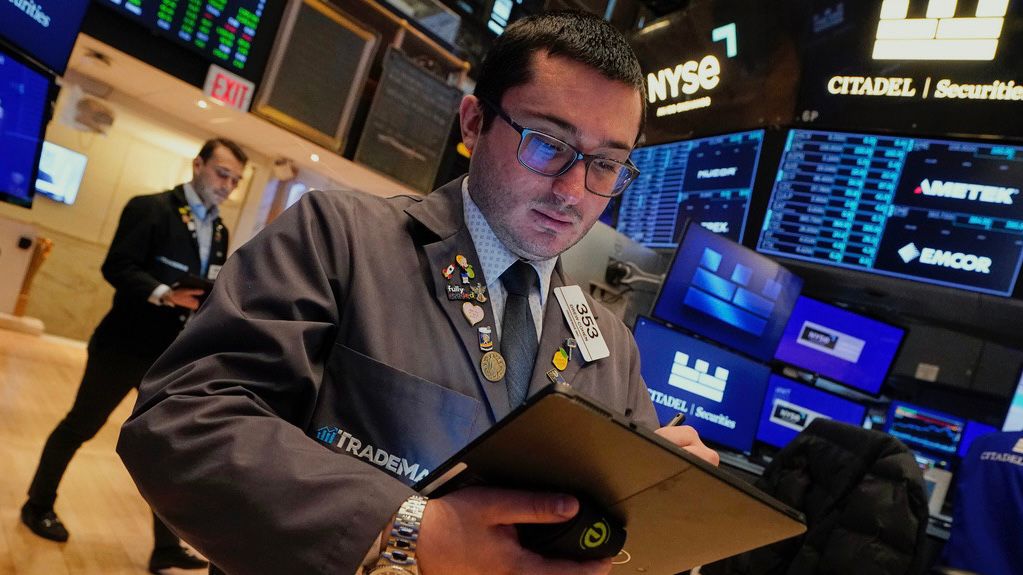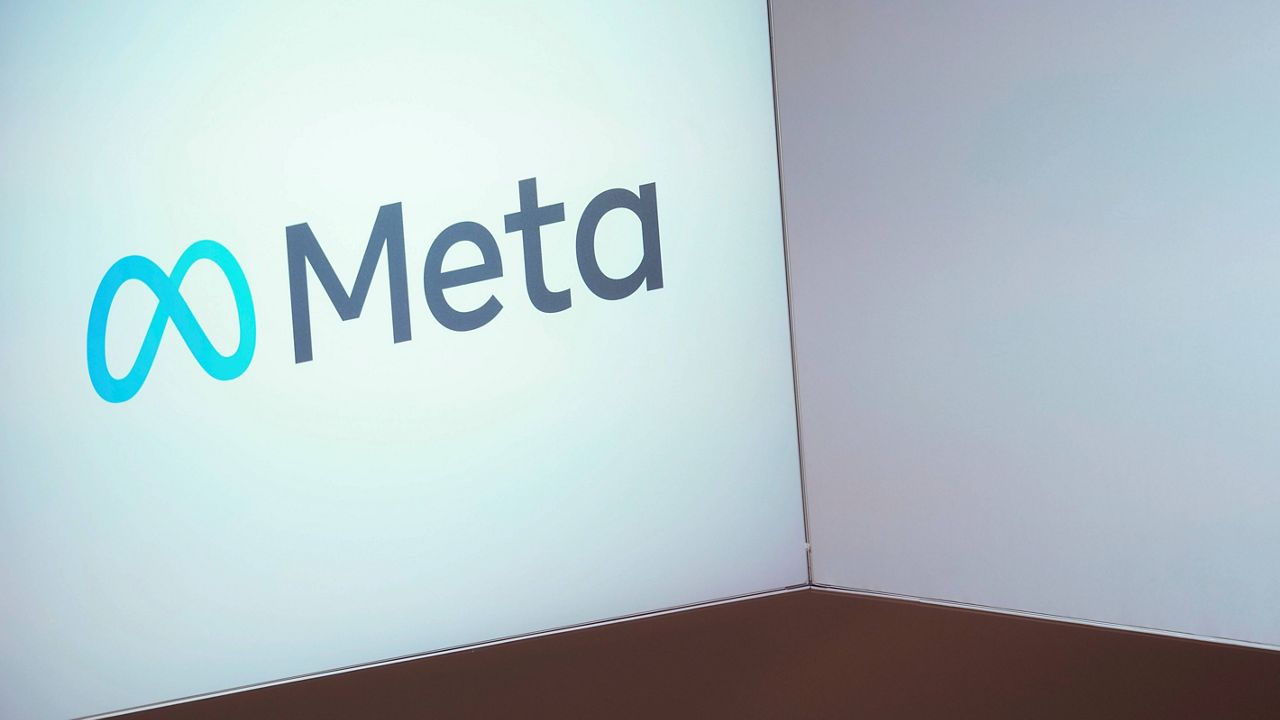WESTMINSTER, Calif. — Bill Shopoff has big plans for the Westminster mall.
Shopoff, the president and CEO of Irvine-based Shopoff Realty and Investments, is one of four owners looking to transform the 1.3 million square foot aging mall into a regional destination.
"We want to create a place where people want to live, work, and play," said Shopoff. "That's what retail is about today, where people can shop, dine and enjoy some entertainment."
Shopoff discussed his company's plans to develop their portion of the massive project with Spectrum News a week after the Westminster City Council approved a framework to redevelop the aging and mostly vacant mall along the 405 freeway. Shopoff owns the former Sears and Macy's buildings and surrounding parking lots totaling about 16 acres.
According to the city, the updated plan for the site includes:
- New gateway signage
- Landscaping
- 3,000 residential units (minimum 10% designated as affordable)
- A 425-room hotel
- 600,000 square feet of retail
- 17 acres of open park space
The site will also have an office and medical office component, internal main street or downtown area, new roadways, and connect to a future bicycle network.
"We always dreamed about having a new downtown, and this could be our new downtown," said Carlos Manzo, Westminster's vice mayor, during the meeting.
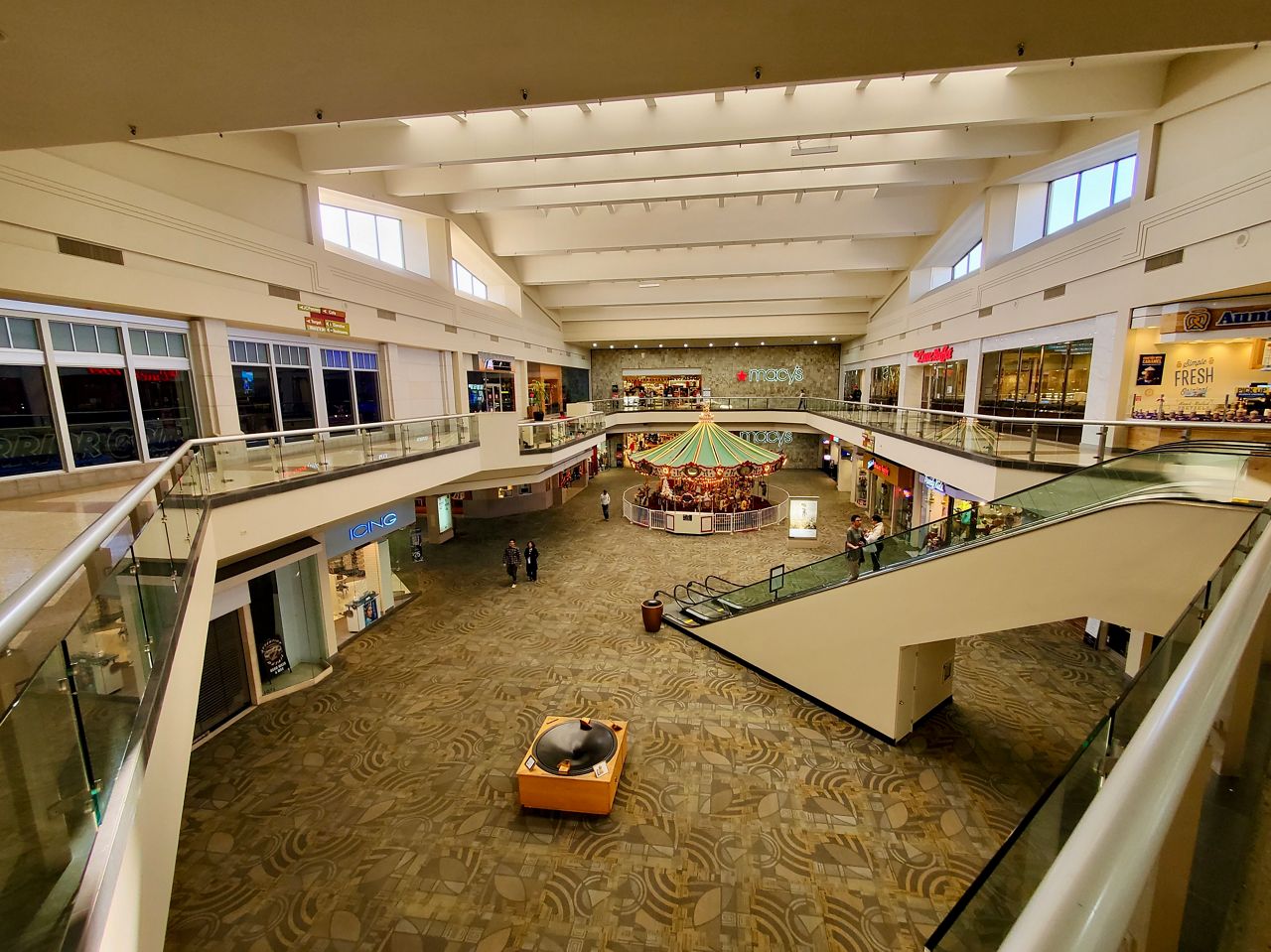
The two-story, 1.3 million square foot enclosed shopping mall on 90 acres, built in the 1970s, like many regional malls across the United States, has become nearly obsolete in the 21st century.
In the past 10 to 20 years, the rise of e-commerce and the popularity of shopping online led to the so-called retail apocalypse and the closing of many traditional big-box brick-and-mortar stores. The COVID-19 pandemic and government-related restrictions that kept people at home further exacerbated brick-and-mortar malls' foot traffic problems.
Many mall owners have had to adapt and evolve into more than just a shopping destination.
The Laguna Hills and Santa Ana malls are getting a mixed-use makeover, including downsizing their retail footprint and adding apartments, offices, retail, and open space. Developer Merlone Geier also has plans to transform the Buena Park Mall.
Once a gathering place to hang out and shop, the Westminster Mall, a staple and a sales tax-generating entity in the community, has become a ghost town in recent years.
On a recent visit, few people can be seen walking around the huge mall. Several storefronts are closed.
Westminster city officials began looking into redeveloping the mall as early as 2016 when the city adopted a general plan to make certain areas mixed-use.
City officials then met with, at the time, the seven property owners and surveyed the community about what they wanted to see in a redeveloped mall.
Residents wanted more experiential shopping experiences, hotel, residential, office, and open spaces.
And that's what city officials hope to get once the mall owners and developers devise a plan.
Shopoff spent $95 million this past summer to acquire the mall's vacant former Sears building and surrounding lot, which sits on 14 acres, and then the Macy's building and adjacent land, which total about 12 acres.
Shopoff said the acquisition was a chance to purchase "generational real estate" that only comes once in a great while. He loved the mall's proximity to Huntington Beach, Garden Grove, and coastal Orange County.
"We bought a land opportunity," he said. "This is an opportunity to change what is there."
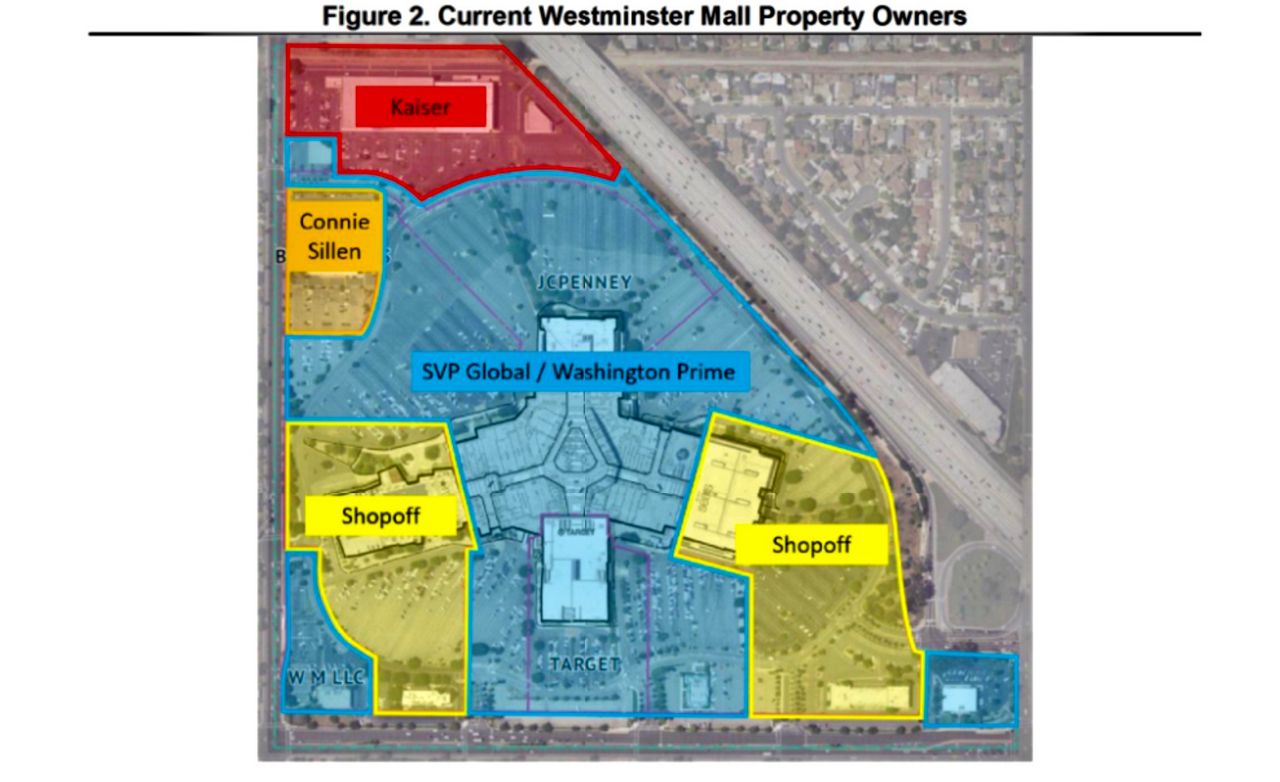
Unlike some of his company's other developments, where Shopoff usually takes the lead, he and his company need to work with the other mall owners to develop a redevelopment plan for the entire site.
The other mall owners are Kaiser Permanente, which owns the Best Buy building; Connie Sillen's family trust, which currently owns Dave's Appliance Warehouse; and the Washington Prime Group, which controls the bulk and majority of the mall's building and land. Shopoff said True Life Companies is in the process of buying the Dave's Appliance building from the trust.
"We have great relationships with each of those groups," said Shopoff. "We're in constant contact. We're going to work to coalesce and come up with something that we can envision together rather than separately, even though we may be developing it separately."
He said having so many different entities with a say in the project poses some issues.
"I'd be lying if I said it would make it easier. It doesn't," he said. "This is something that we have done before. I would say that Washington Prime owns a majority piece. We own the second largest [piece of land], and we're local. The two of us should drive a good amount of direction, but we are working with everybody. There are things to work out, like infrastructure and parks. Everyone has to participate. There's going to be a lot of horsetrading to do here, and it has to be a cooperative effort to succeed."
He said the key to making this project work is "frequency of interaction with each other makes things better."
For his portion, Shopoff said he envisions building a mix of for-sale housing, multifamily apartments, a hotel component, a food hall, and other retail types.
But residents shouldn't expect anything soon. Development, especially for this type of large project, takes a long time.
He said his company would begin filing permit applications with the city early next year and, if it goes quickly, receive some approvals by the end of next year or the following year.
Then the company would need time to design, draft construction drawings and perform civil engineering of the site and their plans.
"If everything goes smoothly as possible and the market is recovering, then maybe we'll see construction or groundbreaking begin in 2025 or 2026," he said.
He said that completing a project of this magnitude may take eight to 10 years.
"It's a massive project, and when you add in everybody's components and redevelopment project, we're looking at a $2 billion to $3 billion (project)," he said.
He added that some community members have different opinions on what should happen at the site. Some don't like change. But at the end of the day, the mall needs to transform to survive.
"I want to tell the community to trust us," said Shopoff. "We're going to deliver a high-quality product that will refresh and re-envision that center, so everyone in the neighborhood benefits from it. That's our objective."




